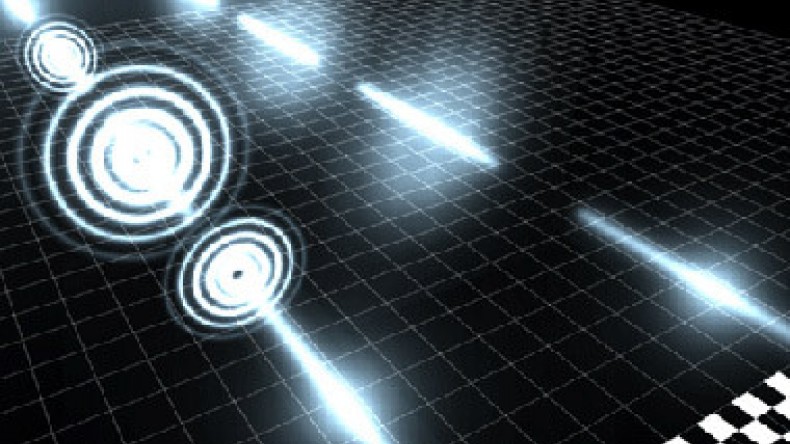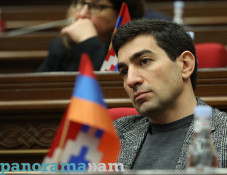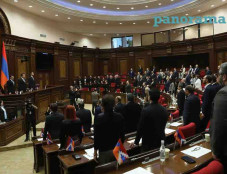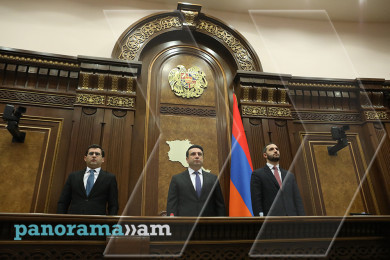
Scientists slow the speed of light
A team of Scottish scientists has made light travel slower than the speed of light.
They sent photons - individual particles of light - through a special mask. It changed the photons' shape - and slowed them to less than light speed, the BBC reports.
The photons remained travelling at the lower speed even when they returned to free space.
The experiment is likely to alter how science looks at light.
The collaborators - from Glasgow and Heriot-Watt universities - are members of the Scottish Universities Physics Alliance. They have published their results in the journal Science Express.
The speed of light is regarded as an absolute. It is 186,282 miles per second in free space.
Light propagates more slowly when passing through materials like water or glass but goes back to its higher velocity as soon as it returns to free space again.
Or at least it did until now.
Two and a half years ago, the experimenters set out to see if they could slow down light just a little - and keep it moving more slowly.
In a laboratory at Glasgow university, Dr Jacquiline Romero, Dr Daniel Giovannini and colleagues built what amounts to a racetrack for photons, the individual particles of light.
Then they raced them in pairs. One photon they left in its normal state. The other photon was sent through a special mask.
The mask forced the photon to change its shape and travel slower than the speed of light.
Dr Romero explains: "After the mask, the photon is launched into a sort of racetrack about a metre in length.
"Then we take the time in which the unshaped photon finishes the racetrack, and the shaped photon's time as well, and then compare the two times."
Newsfeed
Videos






























